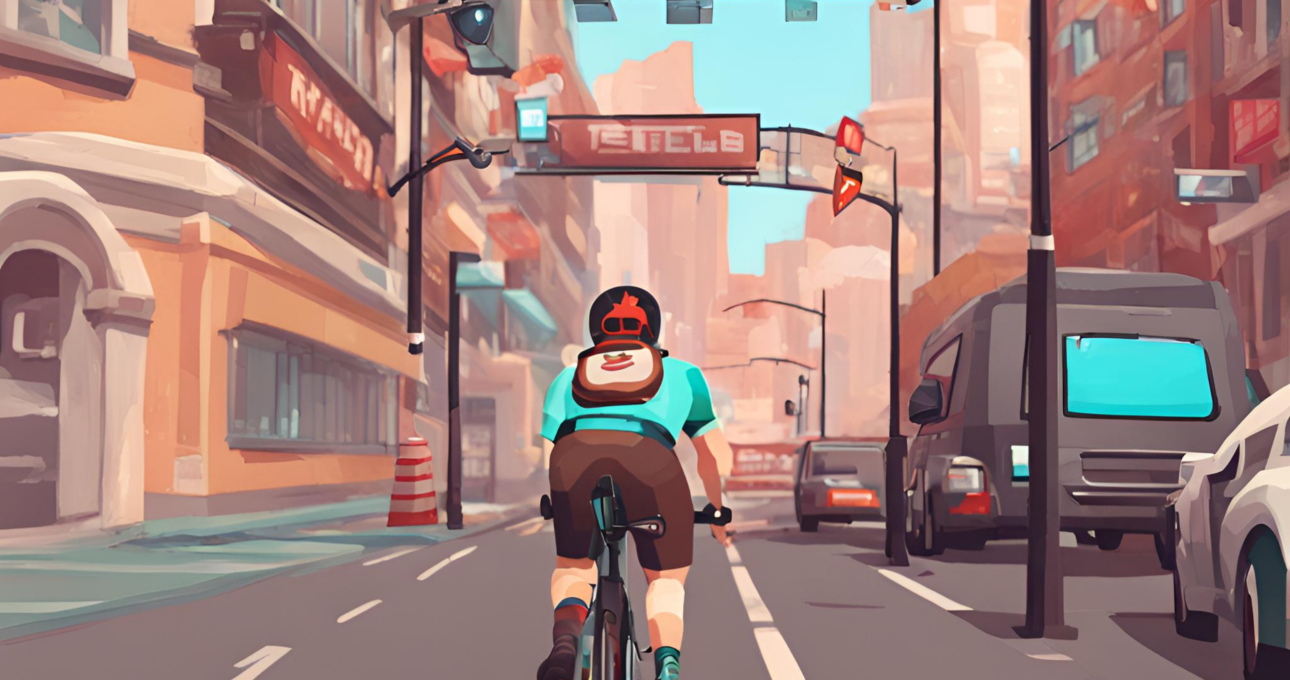Introduction
The mobile gaming industry is teeming with opportunities for developers, whether they choose to go indie and self-publish or partner with established publishers. Both paths have their own set of advantages and challenges. In this blog post, we’ll explore the good and bad sides of being an indie developer and self-publishing, and why some manufacturers opt to work with publishers.
The Good Side of Being Indie and Self-Publishing
- Creative Freedom: One of the biggest advantages of being an indie developer is the creative freedom it affords. Without the constraints of a publisher’s requirements, indie developers can explore innovative ideas and unique gameplay mechanics. This freedom allows for the creation of truly original and distinctive games that stand out in the crowded mobile gaming market.
- Full Control: Indie developers who self-publish retain full control over their projects. This means they can make decisions about game design, monetization, marketing, and updates without needing approval from an external party. This level of control can be empowering and lead to a more cohesive vision for the game.
- Higher Profit Margins: When self-publishing, developers keep a larger share of the revenue generated by their games. Without a publisher taking a cut, indie developers can potentially earn more from their efforts, assuming their game achieves commercial success.
- Direct Player Engagement: Self-publishing allows indie developers to engage directly with their player base. This can lead to a strong community of dedicated fans and more immediate feedback, which can be invaluable for improving the game and building loyalty.

The Bad Side of Being Indie and Self-Publishing
- Limited Resources: One of the biggest challenges for indie developers is the lack of resources. Without the financial backing of a publisher, funding development, marketing, and post-launch support can be difficult. This often means working with smaller budgets and fewer team members, which can limit the scope and polish of the game.
- Marketing Challenges: Marketing a game without the support of a publisher can be an uphill battle. Indie developers may struggle to reach a wide audience due to limited marketing budgets and lack of industry connections. This can result in lower visibility and fewer downloads, even for high-quality games.
- High Workload: Indie developers who self-publish often wear many hats, taking on roles in game design, programming, marketing, and customer support. This can lead to burnout and make it difficult to focus on the creative aspects of game development.
- Uncertain Revenue: Without the safety net of a publisher’s financial support, indie developers face uncertain revenue streams. A game’s success is never guaranteed, and the financial risks can be high. This uncertainty can be a significant source of stress and can impact long-term sustainability.
Neden Bazı Üreticiler Yayıncılarla Çalışıyor?
Publishers can provide crucial financial support for game development, allowing developers to create more ambitious and polished projects. This support can cover development costs, marketing campaigns, and post-launch updates, reducing the financial risk for developers.
Publishers have established marketing channels and industry connections, which can significantly increase a game’s visibility and reach. They can manage large-scale marketing campaigns, secure press coverage, and negotiate distribution deals, helping the game reach a broader audience.
Publishers bring a wealth of expertise and resources to the table, including experience in game development, marketing, and user acquisition. They can offer valuable insights, guidance, and support throughout the development process, increasing the likelihood of a game’s success.
By partnering with a publisher, developers can focus more on the creative aspects of game development while the publisher handles the business side of things. This division of labor can lead to a higher quality game and a more streamlined development process.
Conclusion
Both indie self-publishing and working with publishers have their own sets of pros and cons. Indie developers enjoy creative freedom, full control, and potentially higher profit margins but face challenges such as limited resources, marketing difficulties, and high workloads. On the other hand, partnering with a publisher can provide financial support, marketing expertise, and valuable resources, though it may come at the cost of some creative control and revenue sharing.
Ultimately, the choice between self-publishing and partnering with a publisher depends on the developer’s goals, resources, and risk tolerance. By understanding the advantages and challenges of each path, developers can make more informed decisions that best suit their needs and aspirations in the dynamic world of mobile gaming.
Check out other blogs on our site and our games in store.

